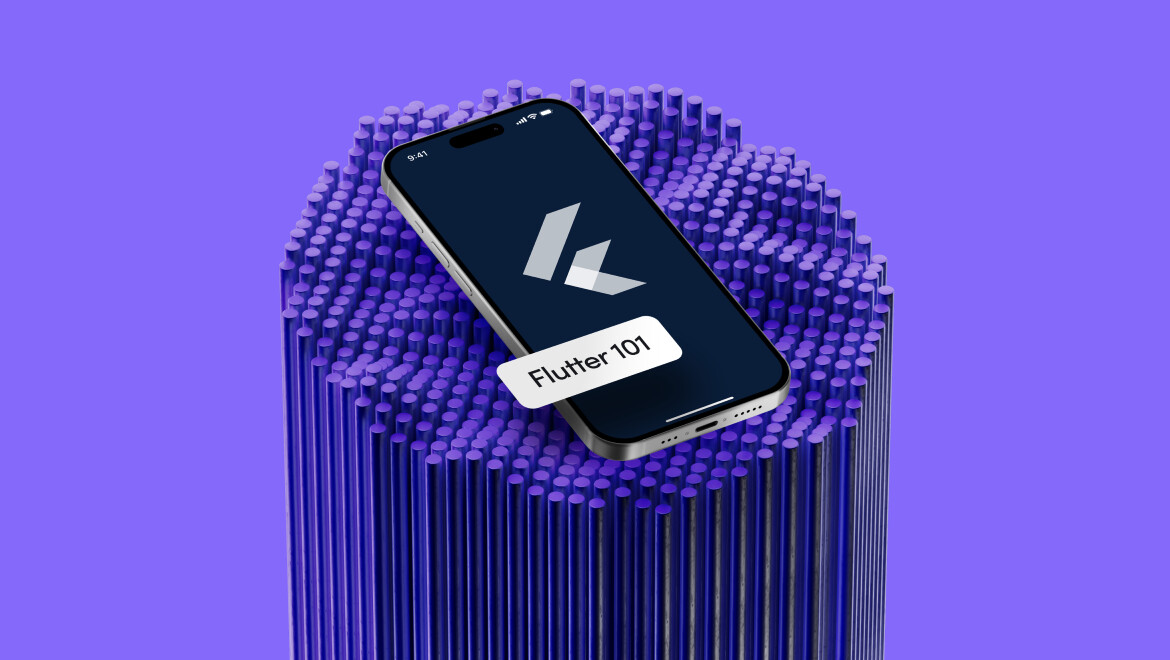

Hybrid App
Hybrid App Definition
A hybrid app is a type of mobile application that combines elements of both native apps and web apps. Hybrid apps are built using web technologies like HTML, CSS, and JavaScript, and then wrapped in a native container that allows them to run on multiple platforms, such as Android and iOS, using a single codebase. These apps can be deployed through app stores and offer access to native device features through plugins or frameworks.
Key Characteristics of Hybrid Apps:
- Single Codebase for Multiple Platforms: Hybrid apps are developed using a single codebase that works across multiple operating systems. Instead of creating separate versions for Android and iOS, developers write the code once, saving time and resources.
- Web Technologies: Hybrid apps are built using standard web technologies like HTML, CSS, and JavaScript, often within frameworks like Ionic, React Native, or Flutter. The code is then wrapped in a native shell (like WebView) to run the app on mobile devices.
- Native Functionality: Although built using web technologies, hybrid apps can access native device features such as the camera, GPS, and push notifications through plugins or APIs, allowing them to provide a near-native user experience.
- App Store Deployment: Like native apps, hybrid apps can be packaged and distributed through app stores (Google Play Store, Apple App Store) and installed on users’ devices.
Popular Frameworks for Hybrid App Development:
- Ionic: A popular open-source framework that allows developers to build cross-platform hybrid apps using web technologies like HTML, CSS, and JavaScript. Ionic uses a WebView wrapper to make the app work on different platforms.
- React Native: Although closer to native app development, React Native enables hybrid-like development by using JavaScript and React to build apps that can run on multiple platforms with a single codebase. It allows developers to write components in JavaScript while still accessing native features.
- Flutter: Google’s Flutter is a UI toolkit that can be used for hybrid app development. Flutter apps are compiled natively, providing a high-performance, near-native experience, and allow Flutter developers to write one codebase for both Android and iOS.
Benefits of Hybrid Apps:
- Cost-Effective Development: Since developers can write one codebase for multiple platforms, hybrid apps are more cost-effective and faster to develop compared to fully native apps.
- Faster Time to Market: Developing a single app for multiple platforms speeds up the development process, allowing businesses to launch their apps quicker across Android, iOS, and even web browsers.
- Cross-Platform Compatibility: Hybrid apps ensure that the same app works across different devices and operating systems without the need for platform-specific development.
- Easy Maintenance: With one codebase to manage, updates and bug fixes can be applied once and deployed across all platforms, making maintenance easier compared to native apps.
Challenges of Hybrid Apps:
- Performance Issues: Hybrid apps may not perform as smoothly as native apps, particularly for graphics-heavy or highly interactive applications. They rely on WebView or other wrappers, which can cause performance lags.
- Limited Native Functionality: Although hybrid apps can access many device features, there are limitations compared to fully native apps, especially when it comes to leveraging advanced native APIs or functionalities.
- UI/UX Consistency: Achieving a truly native look and feel can be challenging in hybrid apps, as they may not fully adhere to the platform-specific design guidelines (such as iOS’s Human Interface Guidelines or Android’s Material Design).
Practical Example of a Hybrid App:
Many popular apps have been built using hybrid technologies. For example, Ionic or React Native are often used to build apps for e-commerce, social media, or news platforms, where cross-platform compatibility and faster development time are essential. Apps like Instagram and Twitter are examples of platforms that utilize hybrid development strategies to ensure a consistent experience across devices.
Conclusion:
A hybrid app is a blend of web and native app technologies that allows for cross-platform functionality using a single codebase. By using frameworks like Ionic, React Native, or Flutter, developers can create mobile apps that work on both Android and iOS, offering cost-efficiency, faster development, and easier maintenance. However, hybrid apps may face performance and native functionality challenges compared to fully native apps, making it important to choose the right approach based on the app’s requirements.
Ready to discover more terms?





